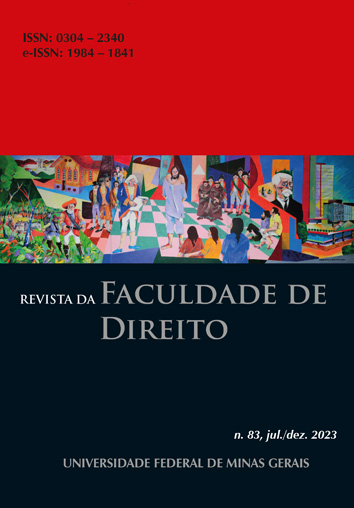AS ORIGENS DA SOFT LAW E A INSUFICIÊNCIA DAS SUAS DEFINIÇÕES EM FACE AO DIREITO INTERNACIONAL CONTEMPORÂNEO - DOI: 10.12818/P.0304-2340.2023v83p43
DOI:
https://doi.org/10.12818/P.0304-2340.2023v83p43Abstract
The roots of soft law go back centuries and
can be identified within a pluralist legal
episteme where legal action was not (yet)
concentrated in the State figure. With modern
States and the centralization of normative
production, soft law starts to be classified
as a non-binding normative typology and,
therefore, contextualized outside the legal
study. The fact is that soft law instruments
are widely used in contemporary times and
have even contributed largely to the formation
of current international law. Therefore, this
article investigates the different doctrinal soft
law definitions and demonstrates how they
are insufficient to achieve the purposes and
realize the connectedness of this category to
the objectives and traditional sources of the
international normative system. This work is
original because it points to an alternative to
the current definitions of soft law in addition
to mapping, although without completeness
objectives, the connectedness of this category
to the traditional production model of
international law. The methodology used is the
legal-dogmatic which enables an investigation
of descriptive and propositional nature.




















